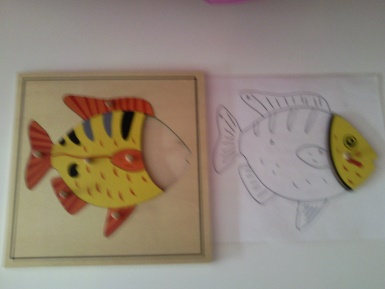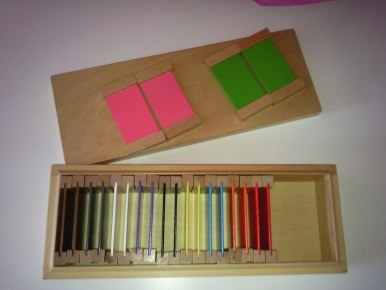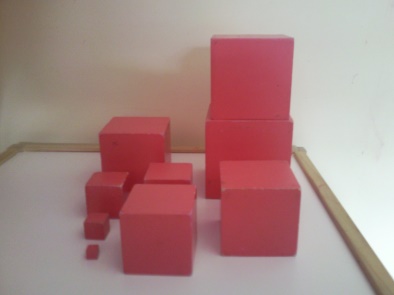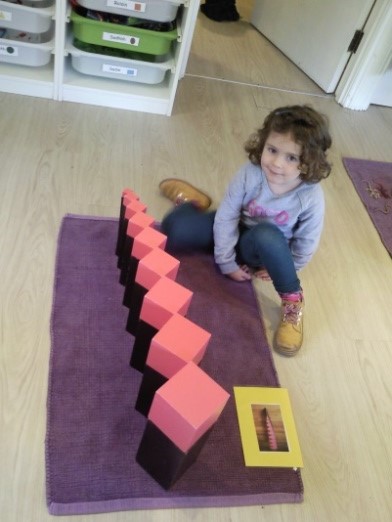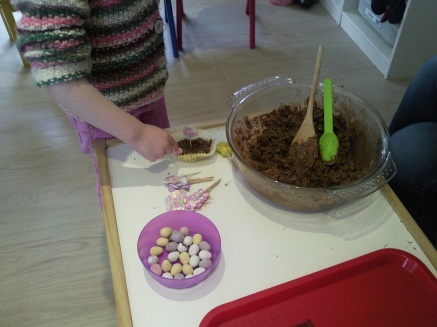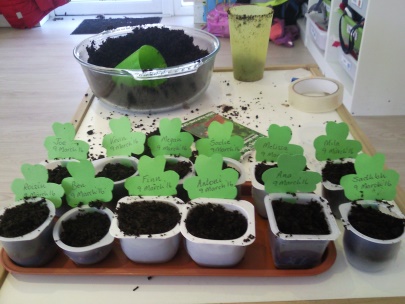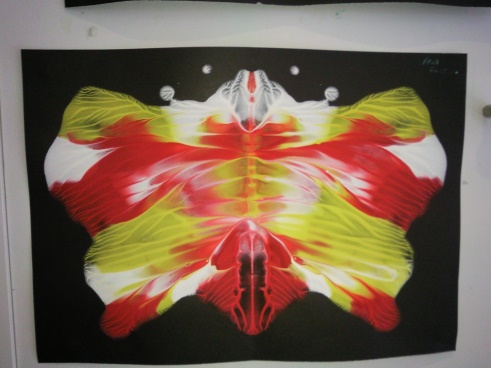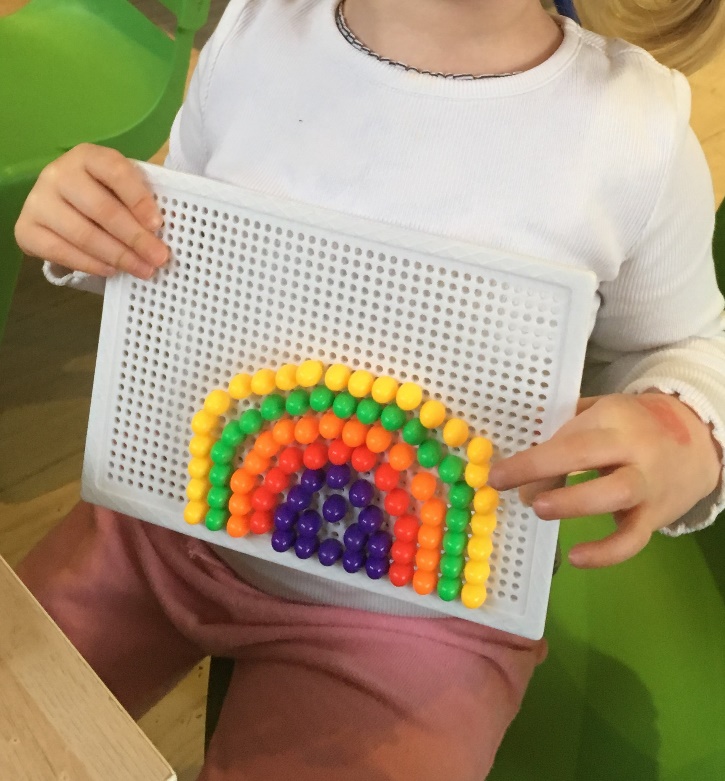The main areas of the Montessori classroom are:
Practical Life – the foundation of the Montessori method.In the Practical Life area the children learn how to button a coat, pour a cup of water, polish a shoe, use a screwdriver and turn nuts and bolts, for example.This fine motor work is building up the muscles in their hands, preparing them to manipulate pencils later on. In our classroom we incorporate some of the Practical Life activities into our Home Corner, where children can engage in imaginative play freely, whilst also working on hand-eye co-ordination, fine motor skills, care of the self and others, and concentration. Completing this work is creating a confident and independent child.
Sensorial – Sensorial materials develop a sense of sight, hearing, taste, touch and smell. From an early age children develop a sense of order, actively seeking to sort, arrange and classify. The child’s mind is awakened to some mathematical ideas through the sensorial materials, when they are asked to explore distance, dimension, graduation, identity, similarity and sequence.
Maths – Maths is taught in a fun, child-led way.The Montessori approach uses concrete materials, focusing on numeration and geometry, where the child is introduced to the concepts of symbol, sequence and operation.
Language – children are introduced to the alphabet phonetically.Basic skills are developed through the use of songs, Sandpaper letters, repetition and visual presentations that allow the linking of symbols and sounds.Language development, written expression and reading are built this way.Spoken language is encouraged through songs and stories at Circle Time and Show-and-Tell Thursdays.
Culture – this area focuses on the integrated study of science, the social sciences and the arts.Children are exposed to a rich, stimulating range of activities based on hands on learning.Culture is cosmic learning; children learn about the planets and the continents, then smaller parts such as countries, plants and animals.Culture work helps the children to label, compare and classify parts of plants and animals.They learn about science, history, geography, botany and zoology. Working with the materials in this area of the classroom helps the child become aware of the part they play in the World around them.
Art – Each child is encouraged to use their creative imagination through different mediums of art and craft.Our art projects are linked to our themes and are displayed in our classroom before being sent home.
Music – To respond to music is a natural and basic tendency. The children have plenty of opportunity to explore music, by creating tunes with our instruments, singing, dancing and our fitness programme.
